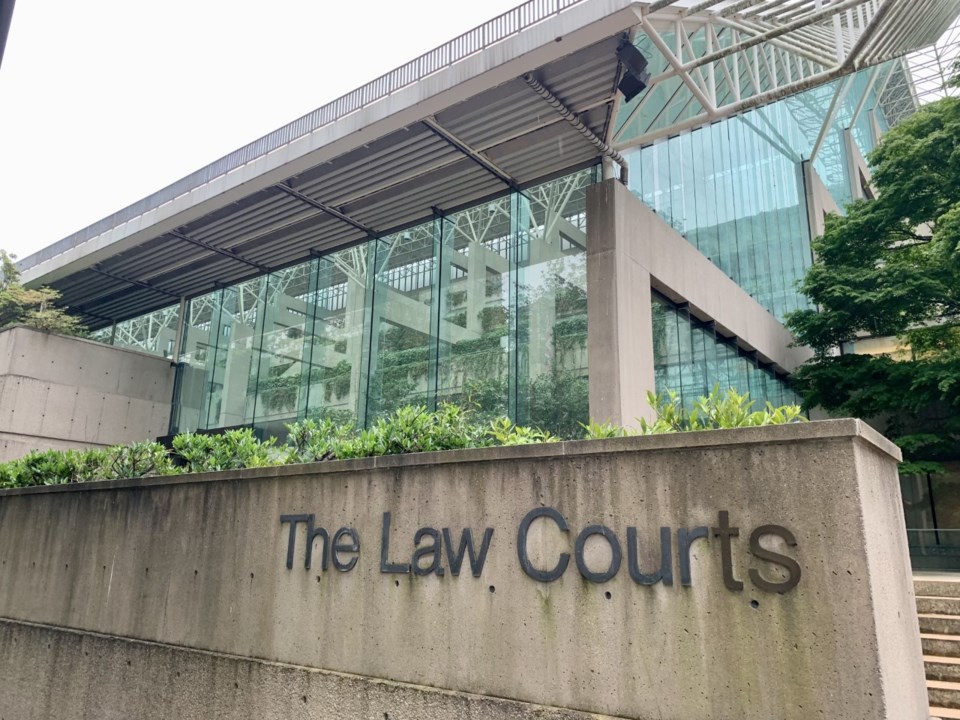A B.C. Supreme Court judge Dec. 13 told lawyers in a case challenging government COVID orders that he was “flabbergasted” they couldn't get their acts together to get hearings online so the general public could watch.
“There is a lack of imagination on both sides here,” Justice David Crerar said. “This isn’t rocket science.”
A camera is in the courtroom filming the proceedings for a class-action certification hearing. The class action, if certified, would determine whether or not the provincial government and provincial health officer Dr. Bonnie Henry exceeded their authority in issuing a number of public health orders as the pandemic grew in 2020.
The lawsuit, filed by the Canadian Society for the Advancement of Science in Public Policy and led by Kipling Warner, seeks to challenge and obtain compensation for various measures, mandates and restrictions imposed in response to the pandemic. Henry is also named as a defendant in the lawsuit.
The very fact of a case being filmed is a rarity in B.C.’s courts.
In a decision released Dec. 1, Crerar ruled the public would benefit by being able to view proceedings.
The plan had been for the recordings to be broadcast via YouTube but lawyers raised issues Dec. 12 whereby YouTube’s terms and conditions could be contrary to Crerar’s order.
He told the lawyers to discuss the issue.
“Let’s get it done on a practical scale,” Crerar said. “It is the intent of this court that it be broadcast.”
However, the situation had not been rectified by Dec. 13.
The plaintiff’s lawyer, Polina Furtula, told Crerar the possibility of a government website hosting the video was considered.
She has said YouTube’s terms of service don’t quite work with the details of Crerar’s order.
Defence lawyer Emily Lapper said she had spoke with staff from the B.C. Court of Appeal and the Cullen Commission of Inquiry into Money Laundering to discuss broadcast issues of bandwidth and security.
“We’re wasting valuable time in certification and that is not helpful to your clients,” Crerar told the lawyers, urging them to find a service provider that is “not going to lard on the terms of service.”
Courthouse photos
In other housekeeping issues, Crerar was told people attending the case had been taking photographs inside the courthouse, behaviour that is strictly forbidden.
The images had been posted online, the court heard.
Crerar noted there are signs at the courthouse banning inside photography.
“I’m not aware of anyone being held in contempt of court for that historically,” he said.


.jpg;w=120;h=80;mode=crop)